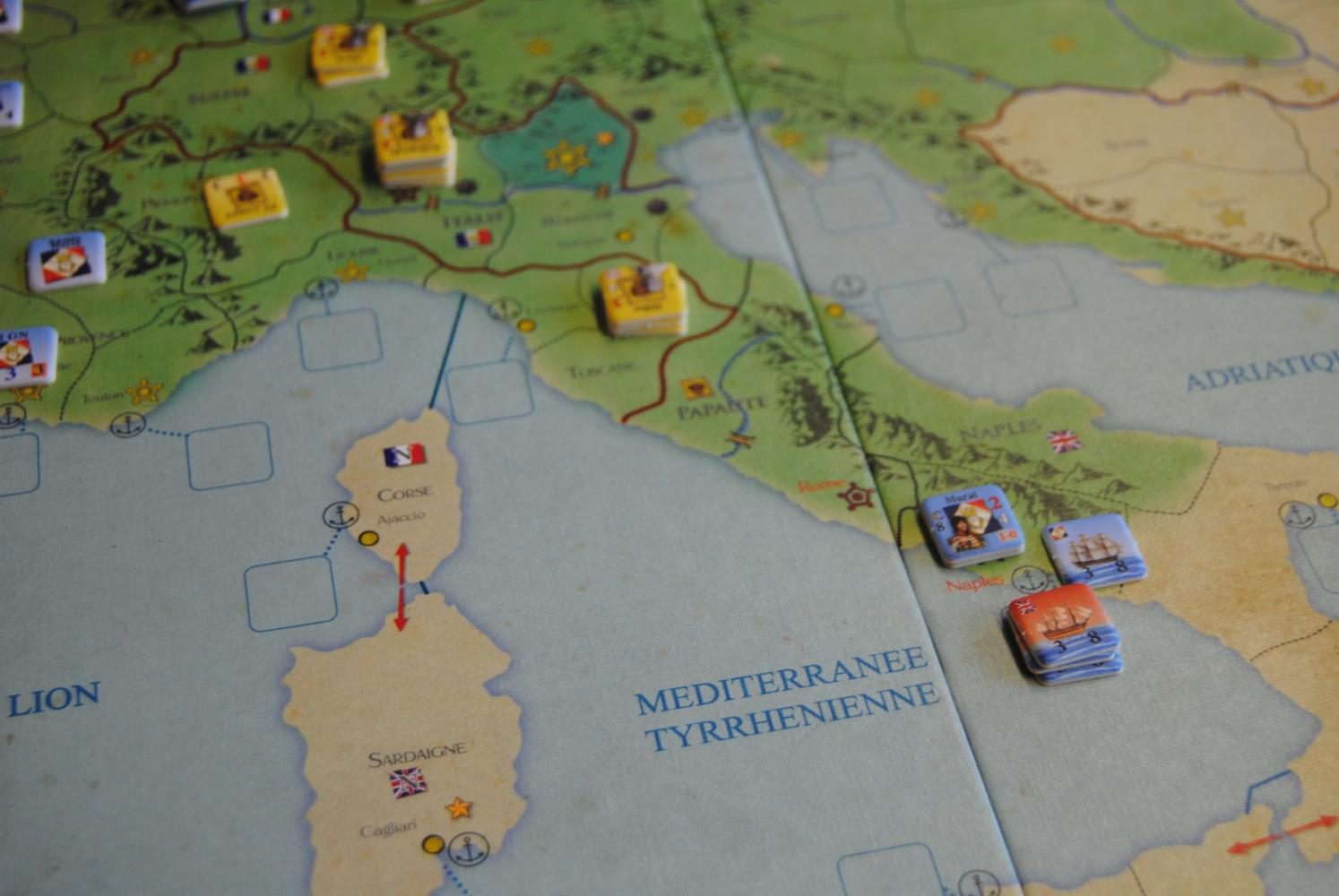Is There a Future to Board Games?
May 4, 2017
For the past decade or two, the main interest in playing any sort of game has been in sports or video games. No one really has much interest in rolling a die to move a little metal piece around a board for an hour and a half, and would much prefer to spend that 1-2 hours on something like Counterstrike, or the like. However, in the past 20 years, board games have been developing just as much as video games, and the results, in some cases, are pretty amazing considering that it’s most often just a special form of cardboard on a printed board.
For example, the multiple games like Napoleon Against Europe can fairly realistically depict a large scale war on multiple fronts, complete with sweeping maps featuring everything from the Mediterranean to the frozen expanse of Russia to the small provinces of Germany, and with many of the details, such as force marching or naval blockades, far better than the leading video game, Napoleon Total War, can. (Almost everything in that game is completely unrealistic, and I have seen it. The battles are 1/10th of the size of the actual battles, and the upgrades, recruitment, and other details are largely bogus.) In addition, you have fortresses and sieges, control over which commanders control different armies, diplomacy to gain allies, and special event cards to give each side advantages based on historical events. Commands and Colors: Napoleonics can allow you to play almost every battle of the Napoleonic wars, complete with terrain that can be altered to match the real site and all the different units commonly used. The Commands and Colors system has also been developed for everything from ancient Rome to trench warfare and the beaches of Normandy. War games not your thing? Dozens of other games create amazing mystery games, race games, survival games, etc.. All you really have to do is look.
Besides the sheer variety and quality of the board games now available, there’s the benefits intrinsic to a board game. You get the face-to-face interaction that everyone these days is lamenting the loss of. You’re not always looking at a computer screen, and you actually have to use your brain to make the game work (which some people will think of as a drawback). Most importantly to me, you actually get a physical product, that you can look at and touch and operate, so you don’t always have to be worrying about upgrading your computer to get better specs. (When you live under a rock, having a concrete product does become important for other reasons as well – it’s just better to have something you can hold.)
So, what do we have with all these games? Obviously, these game designers have been ingenious in creating systems that allow you to compete with friends in more complex but also highly creative and astonishingly realistic and, well, fun ways. My personal interest being in military history, there are so many games that allow me to recreate and re imagine how I could command, whether it be on a large scale sending different armies to force the enemy to sue for peace (is it worth the attrition to force march so that I can get these troops on scene?) or on a tactical scale (should I move up my artillery when the opposing light cavalry is on my flank?). For me, it’s really exciting that a simple board game can do this, so there really should be a promising future. However, just now, credit isn’t being given where credit is due, largely because video games have been stifling almost all interest in sit down games. In the future however, board games may find their niche, and a future for board games will be secured.


